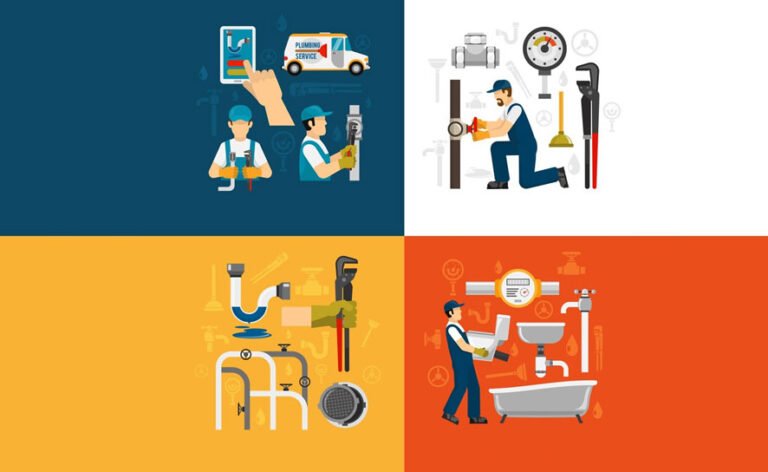Pipelines are an indispensable part of modern industry, serving as the backbone of our economy and supporting various sectors. They transport oil, gas, and other critical materials across continents, powering cities and economies. However, pipelines can pose potential risks, including leaks, ruptures, and spills, severely affecting infrastructure and the environment. To mitigate these risks, pipeline inspection becomes crucial, ensuring that these lifelines of commerce operate safely, efficiently, and sustainably.
The Necessity of Pipeline Inspection
Failure of a pipeline can result in financial losses, environmental catastrophes, and even hazards to public safety. It is not just a minor nuisance. Thus, it is essential to have regular, thorough inspections performed by pipeline inspection companies to spot such problems before they become disastrous. By looking for corrosion, fractures, dents, or any other irregularities that can jeopardize the pipeline’s structure, businesses can control the integrity of their pipelines through these inspections.
Economic and Safety Benefits
Maintaining the integrity of pipelines is crucial as it ensures an uninterrupted supply of resources, preventing financial loss for pipeline operators and their consumers. Regular inspections play a critical role in averting service disruptions by ensuring the smooth functioning of the pipeline infrastructure. Moreover, pipeline safety is of paramount importance for public welfare. Leaks and ruptures can severely threaten public safety by causing explosions or fires, endangering the lives of individuals around the pipeline. Conducting proactive inspection regimens is crucial in safeguarding people from these hazards by detecting potential failures early on.
Environmental Protection
A pipeline leak can have devastating, long-term effects on the environment. Even a tiny leakage can contaminate soil, groundwater, and surface waters, creating a ripple effect that impacts the ecosystem and wildlife. Oil spills, in particular, can lead to large-scale environmental crises that harm marine and terrestrial habitats, as seen in numerous incidents worldwide. By diligently inspecting pipelines, operators can prevent environmental contamination. These inspections contribute to upholding eco-friendly practices within the industry and help companies comply with stringent environmental regulations and standards.
Technological Advances in Pipeline Inspection
It is remarkable how technology has advanced to enhance the accuracy and efficiency of pipeline inspections. With innovative tools like smart pigs, ultrasonic sensors, and robotic crawlers, operators can obtain detailed images and data highlighting even the most minor defects in pipeline materials. Furthermore, modern Geographical Information Systems (GIS) and data analytics tools facilitate in-depth analysis of inspection data, enabling operators to make informed decisions about maintenance and repairs. By utilizing these high-tech inspection methods, the chances of detecting potential issues increase, saving considerable time and resources while minimizing the need for disruptive excavation or exploratory digging.
The Client’s Solutions
Amid the high stakes of maintaining pipeline integrity, it’s vital to have expert solutions at hand. An industry leader in pipeline inspection and integrity services utilizes state-of-the-art technology and a highly skilled team to provide comprehensive pipeline assessments. Their specialized services are designed to detect and diagnose potential threats to pipeline systems, ensuring that any maintenance or repairs can be done promptly to prevent breakdowns or environmental damage.
By working with a knowledgeable provider, pipeline operators gain the assurance that they are meeting industry standards and going above and beyond to safeguard their assets, the well-being of communities, and the environment. With a focus on proactive and preventive maintenance, the team delivers cutting-edge inspection techniques tailored to the unique needs of each pipeline network. The importance of pipeline inspection cannot be overstated. It is a crucial practice that underpins pipeline operations’ safety, functionality, and environmental responsibility. In an era where industrial infrastructure and ecological balance are equally critical, rigorous pipeline inspections emerge as a non-negotiable industry element.
For public safety, economic stability, and environmental preservation, the industry must continue to innovate and invest in pipeline inspection methods. Companies represent the forefront of this commitment, ensuring that the intricate pipeline networks that power our world remain secure and sustainable for generations to come. By incorporating such expertise and technology into their operations, pipeline operators can maintain the public’s trust in them and demonstrate their dedication to excellence and responsible stewardship of the environment.

